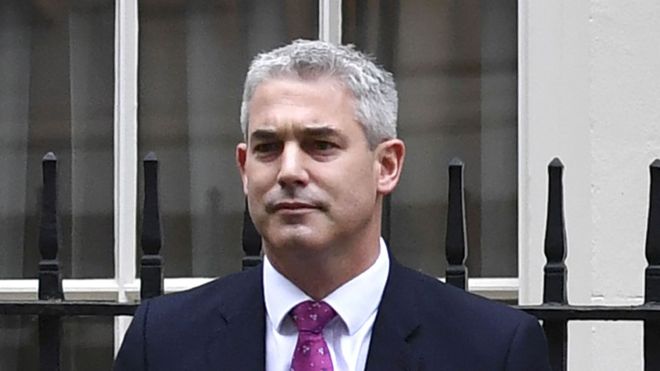
Brexit secretary Stephen Barclay will return to Brussels and meet with the EU’s chief negotiator Michel Barnier after talks between prime minister Boris Johnson and Irish Taoiseach Leo Varadkar.
The UK and Irish leaders came away from “detailed and constructive” talks on Merseyside saying that they could see a “pathway to a possible deal”.
A day after EU leaders had criticised the UK's new proposals, Varadkar said that his latest meeting with Johnson meant negotiations could resume, with Barclay now being redeployed to Brussels.
The latest round of talks will come ahead of the EU summit of October 17-18, widely regarded as the last realistic chance for the UK and the EU to agree a new deal ahead of the Article 50 deadline of October 31.
At this stage, neither Johnson's cabinet nor Varadkar would be drawn on the nature of the “concessions” that had been made by either side.
The Irish press reported that “significant movement” had been made by the prime minister, but Downing Street refused to comment on such speculation.
Varadkar did tell the press that talks were at a “very sensitive stage” but were both “very positive and very promising”, adding that he was now “convinced” that the UK wanted to agree a deal.
Varadkar said: "I do see a pathway towards an agreement in the coming weeks”.
He conceded that issues do remain “over consent and democracy” and ensuring a customs border is not implemented on the island of Ireland, but Downing Street assured that the talks had addressed those issues.
Northern Ireland secretary Julian Smith has said that a “range of options” remain as to how consent for the proposals can be won in Northern Ireland, adding that no “one community” will be given a veto over Brexit plans following concerns over the power of the DUP to scupper the latest developments toward a deal.
Smith said: "The key thing is we have to have regard to the Good Friday Agreement and have regard to the need to have a cross-community approach to how we resolve this.”
Any new deal which may be agreed between Johnson and the EU will still have to receive parliamentary approval, which proved the bane of predecessor Theresa May’s premiership on three occasions.
The prime minister has vowed that the UK will leave the bloc with or without a deal by the October 31 deadline, however, existing legislation forces him to request a further extension to Article 50 should a deal not be in place and granted parliamentary consent by October 19.

Post a Comment
Drop Your Comment In The Box Below